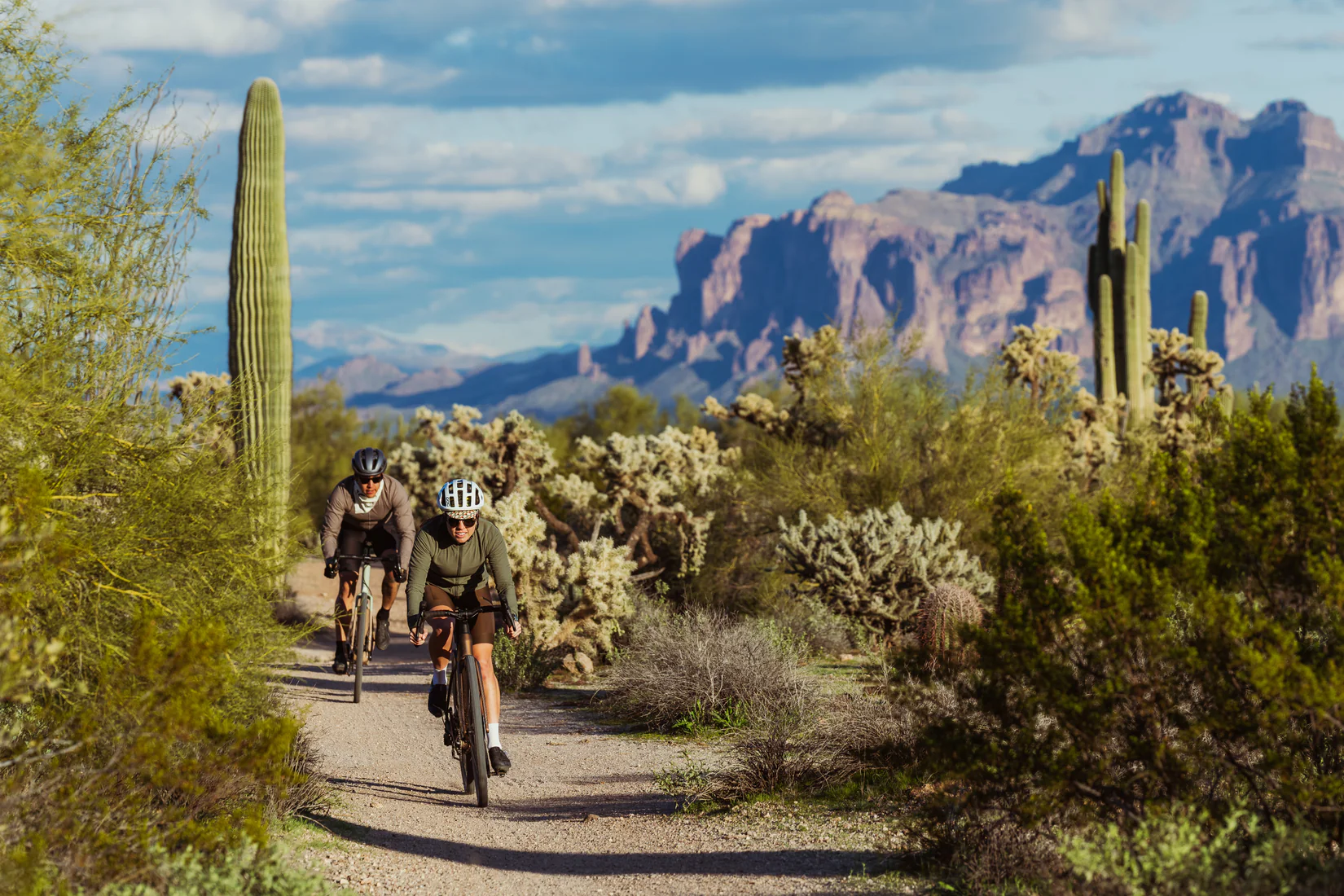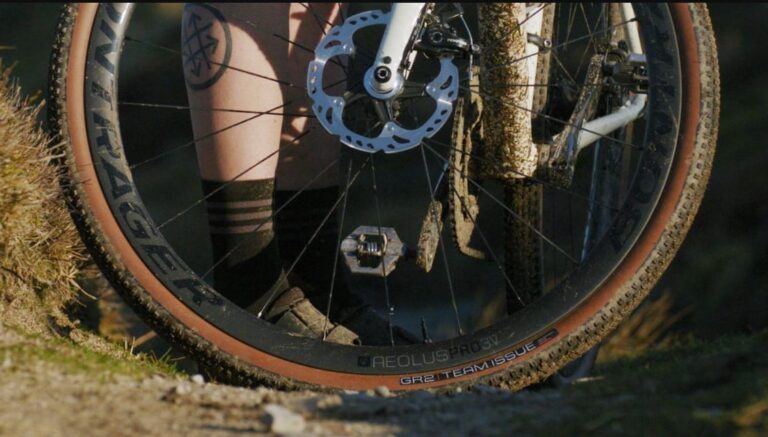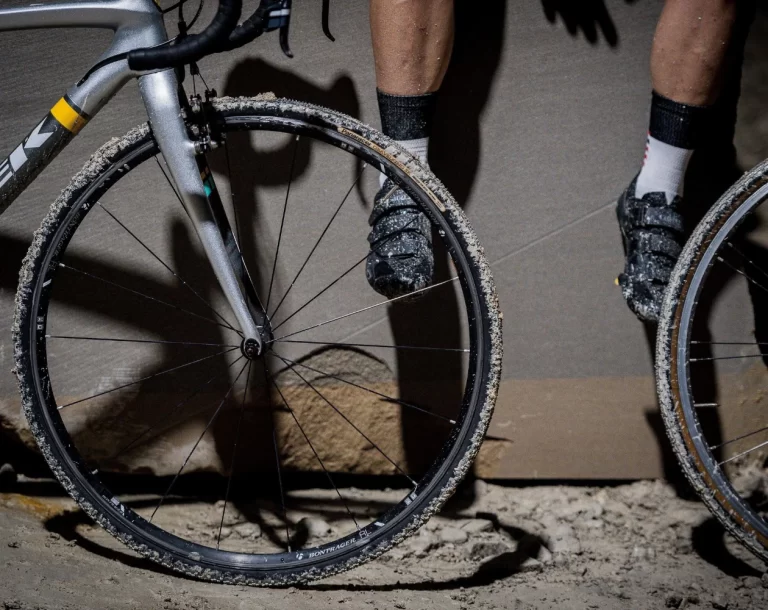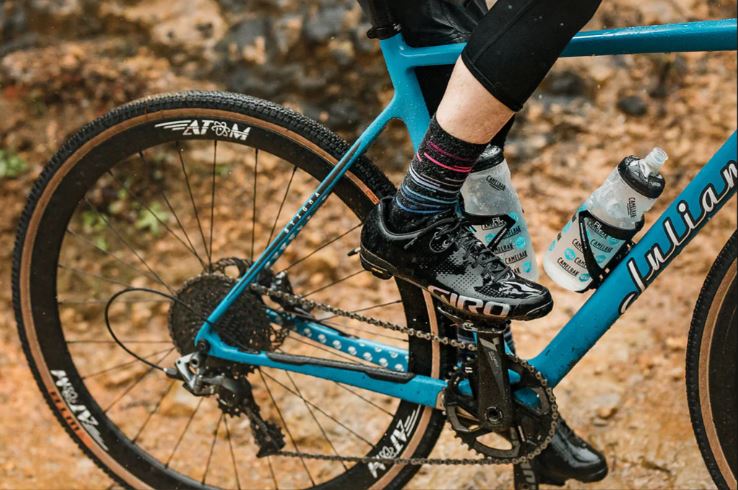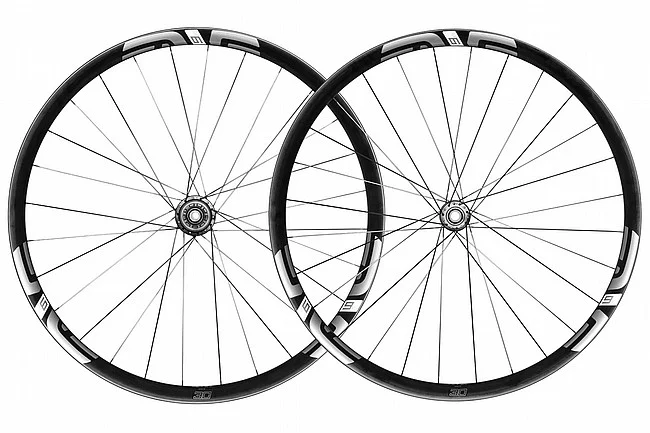Maintenance Tips for Gravel Bike Wheels: A Comprehensive Guide
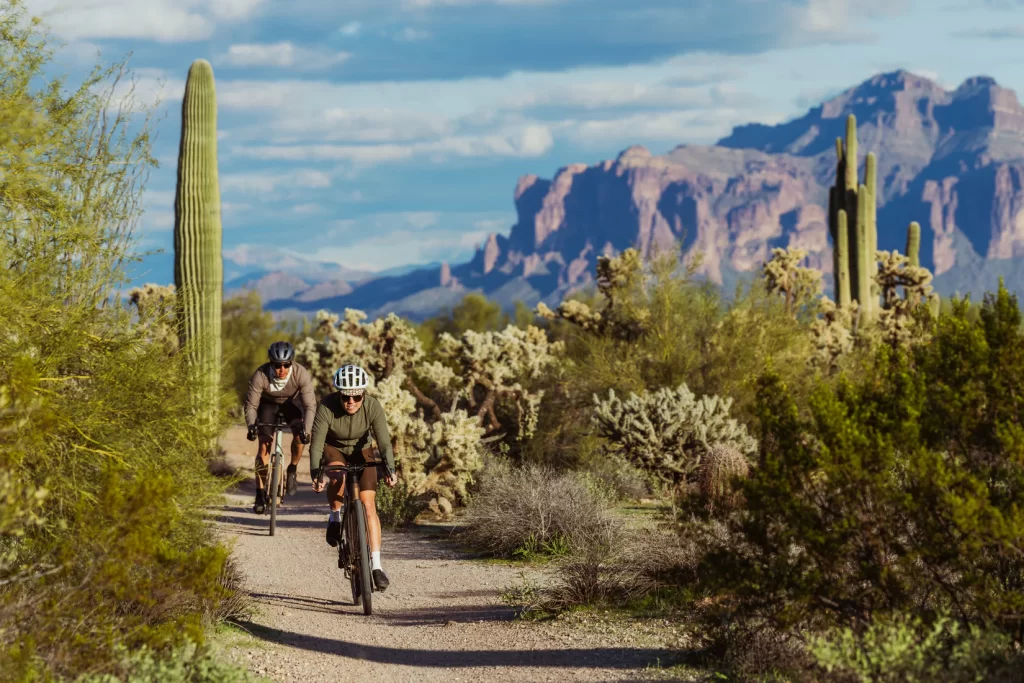
Key Point Summary of Maintenance Tips for Gravel Bike Wheels:
- Regular Cleaning: Importance of keeping wheels clean to prevent buildup of dirt and grime.
- Inspect for Damage: Regular checks for cracks, dents, and wear, especially after rough rides.
- Tire Pressure Management: Optimal tire pressure for different terrains to reduce the risk of punctures and rim damage.
- Hub and Bearing Care: Maintenance tips for hubs and bearings to ensure smooth rolling.
- Spoke Tension: Checking and adjusting spoke tension for wheel durability and performance.
As someone who has navigated the gritty paths of gravel biking, alongside the demanding terrains of mountain and cyclocross biking, I’ve accumulated a wealth of knowledge on the importance of diligent wheel maintenance. Gravel biking, in particular, places unique demands on your equipment, and your wheels bear the brunt of this rugged adventure. Here’s a streamlined guide to keeping your gravel bike wheels in top condition.
The Foundation of Wheel Care: Regular Cleaning
The essence of gravel biking wheel maintenance begins with cleanliness. Gravel trails are notorious for their mix of dust, mud, and small debris, all of which can adhere to your wheels and, over time, infiltrate the bearings and braking surfaces, if applicable. A soft brush and mild soap can work wonders in removing grime, followed by a thorough rinse and dry. This simple yet effective practice can significantly extend the life of your wheels.
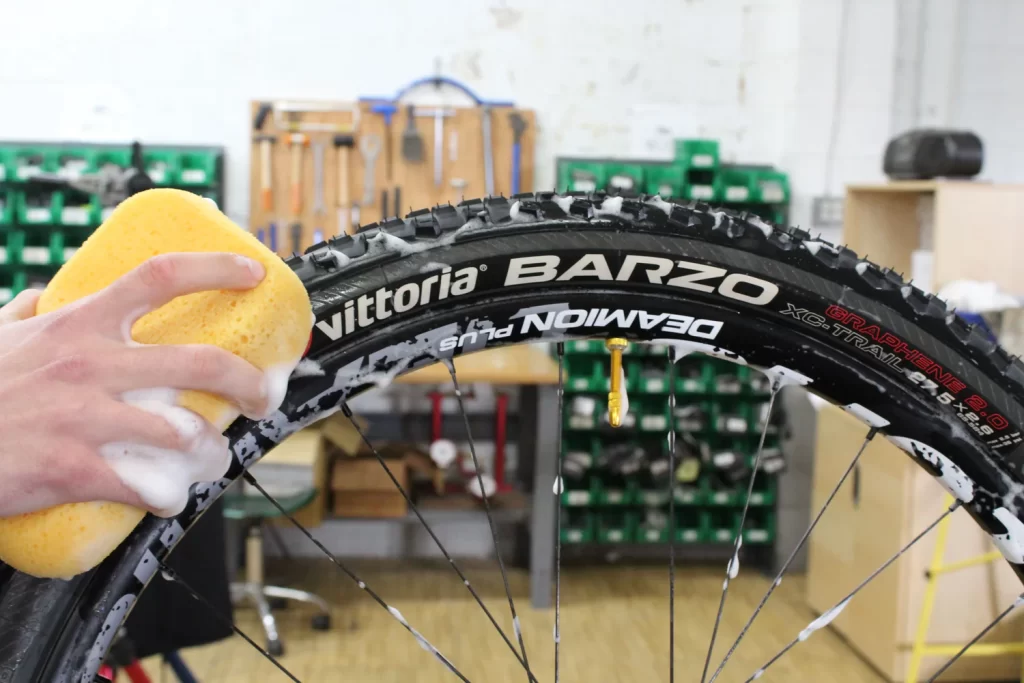
Vigilant Inspection: The Key to Longevity
Post-ride inspections can reveal much about the health of your wheels. Look for any signs of physical damage, such as dents or cracks in the rim, which can compromise the structural integrity of the wheel. Pay attention to the spokes as well; loose or damaged spokes can affect the wheel’s true, leading to uneven wear and potentially hazardous riding conditions. Early detection of these issues allows for timely repairs, ensuring your safety and the longevity of your wheels.
Tire Pressure: A Balancing Act
Gravel riding tire pressure is a balancing act between comfort, traction, and protection. Too high, and you’ll find yourself bouncing off the trail; too low, and you risk pinch flats and rim damage. The optimal pressure varies based on rider weight, tire width, and trail conditions. Finding your sweet spot is crucial and can make a significant difference in your riding experience. A quality tire pressure gauge and periodic adjustments are invaluable tools in this quest.
Hubs and Bearings: The Heart of Wheel Performance
The hubs and bearings are pivotal to the smooth operation of your wheels. Over time, dirt and moisture can infiltrate these components, necessitating their cleaning and lubrication. For those not comfortable disassembling their hubs, this might be a task for a professional mechanic. However, ensuring your hubs are clean, well-lubricated, and free from play will contribute to a smoother ride and reduced wear.
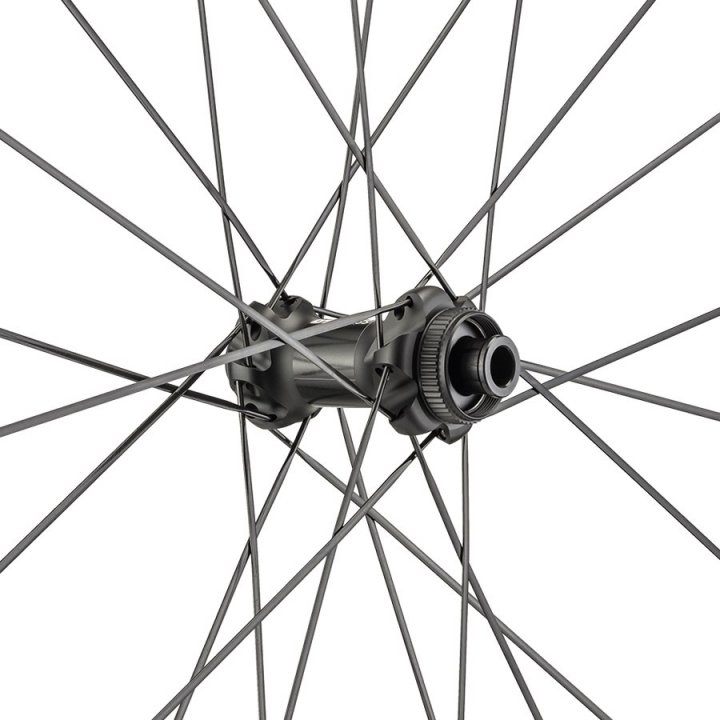
Spoke Tension: The Unsung Hero of Wheel Integrity
Spoke tension might not be the first thing on your mind when you think of wheel maintenance, but it plays a crucial role in the overall performance and durability of your wheels. Incorrect tension can lead to broken spokes, wheel misalignment, and premature wear. A spoke tension meter can be a wise investment for the meticulous gravel rider, allowing for periodic checks and adjustments to ensure uniform tension and true wheels.
Maintenance Tips for Gravel Bike Wheels: In Conclusion
The thrill of gravel biking comes with its own set of maintenance challenges, particularly where wheels are concerned. Embracing a routine of cleaning, inspection, and care not only enhances the performance and safety of your ride but also connects you more deeply with your bike.
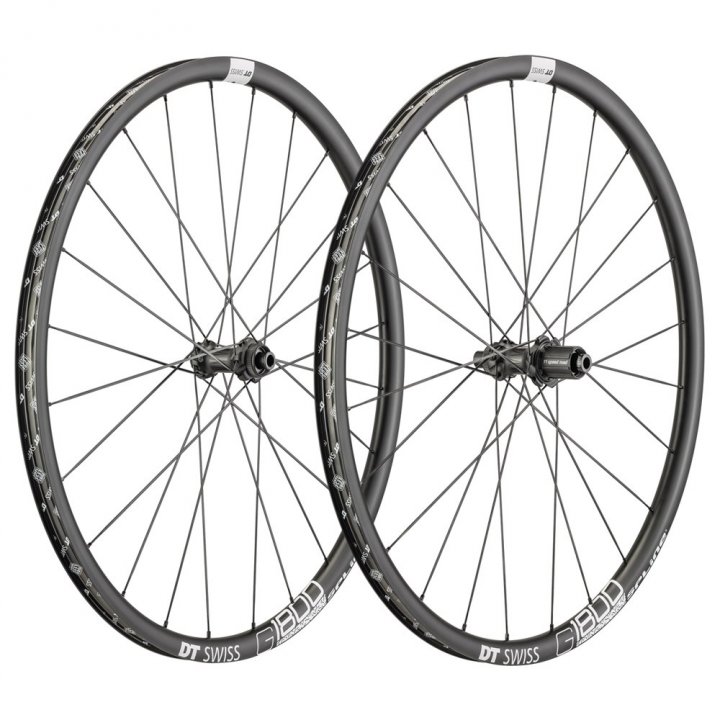
Each creak and groan of a wheel tells a story, and with proper care, you ensure it’s one of relentless adventure rather than untimely demise. The heart of a great gravel biking experience lies not just in the paths you explore but in the care you lavish on your trusty steed.
Gravel Bike Wheels Known for Easy Maintenance:
- Stan NoTubes Grail MK3: The Grail MK3 is tubeless-ready and features a wide rim profile ideal for gravel biking. Its design prioritizes ease of tubeless setup and long-term durability.
- DT Swiss G 1800 Spline 25: Known for its durability and reliability, the G 1800 Spline 25 uses sealed cartridge bearings and a tubeless-ready design. It’s built to handle tough conditions with minimal maintenance.
- Mavic Allroad Elite: This wheelset is designed for versatility and durability across all road conditions. The UST tubeless system simplifies maintenance, while the robust build minimizes the need for frequent adjustments.
- Shimano GRX WH-RX570: Designed specifically for gravel riding, these wheels feature tubeless-ready rims and reliable, sealed bearing hubs, offering a great balance of performance and ease of maintenance.

Choosing gravel bike wheels with these features ensures that maintenance won’t be a constant concern, allowing you to focus on the adventure and joy of gravel riding. Whether you’re exploring local trails or embarking on long-distance tours, easy-maintenance wheels can make all the difference in your experience.
Happy riding!
John
FAQ
How do I maintain my gravel bike?
Regularly clean your bike, especially after rides in muddy or dusty conditions. Lubricate the chain, check tire pressure before every ride, inspect brake pads for wear, ensure bolts are tightened to correct specifications, and periodically check the wheel true and bearing smoothness.
What pressure should gravel bike wheels be?
Tire pressure for gravel bikes typically ranges from 30 to 50 PSI, but optimal pressure depends on rider weight, tire width, and terrain. Experiment to find what works best for you.
Should I clean my gravel bike after every ride?
It’s not always necessary to clean your bike thoroughly after every ride, but wiping down the frame and components, especially after rides in wet or particularly dirty conditions, can help maintain its condition and performance.
How often should I clean my gravel bike chain?
Clean and lubricate your chain every 100-200 miles, or more frequently if you ride in wet, muddy, or very dusty conditions. Regular maintenance helps extend the life of your drivetrain.
